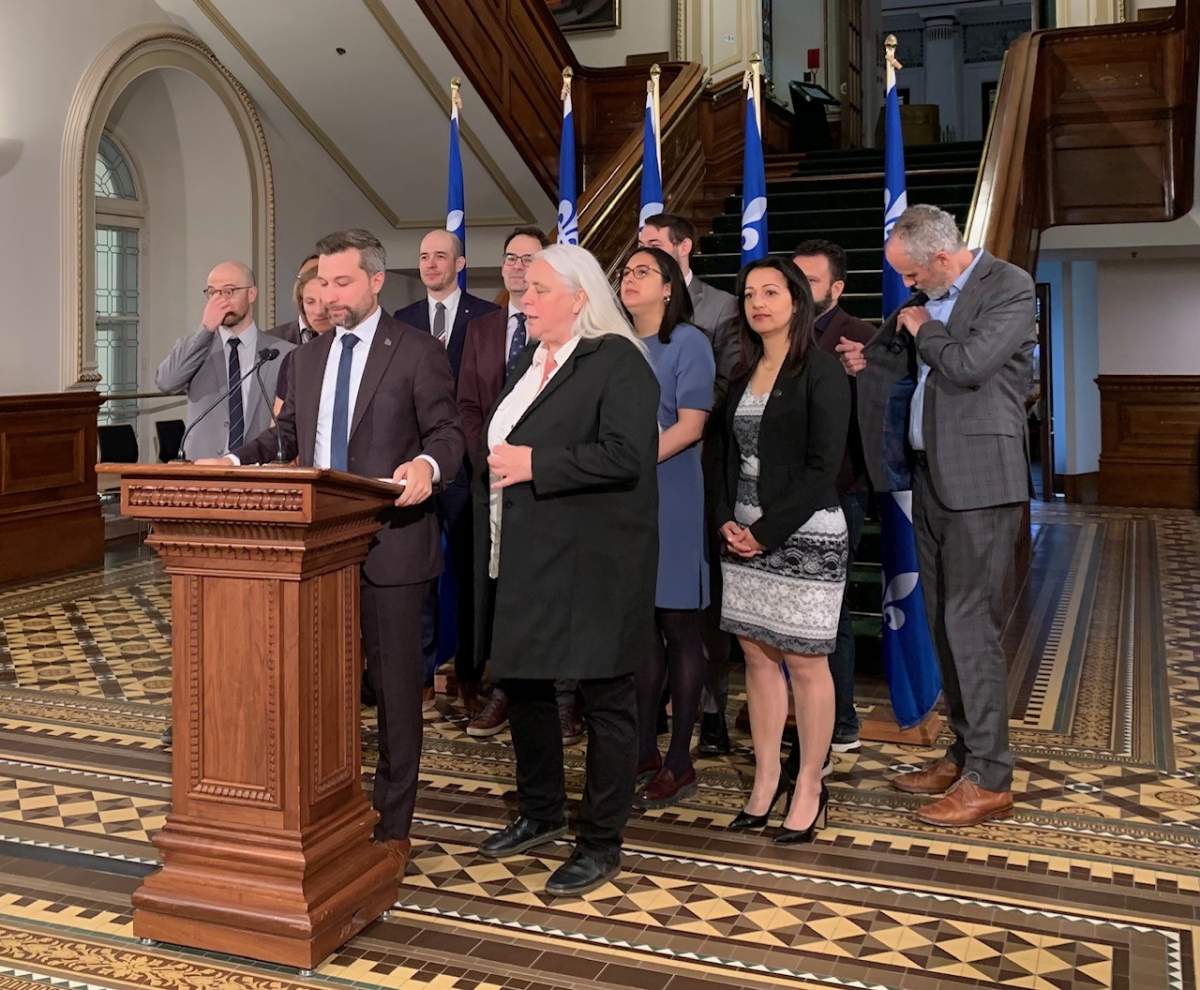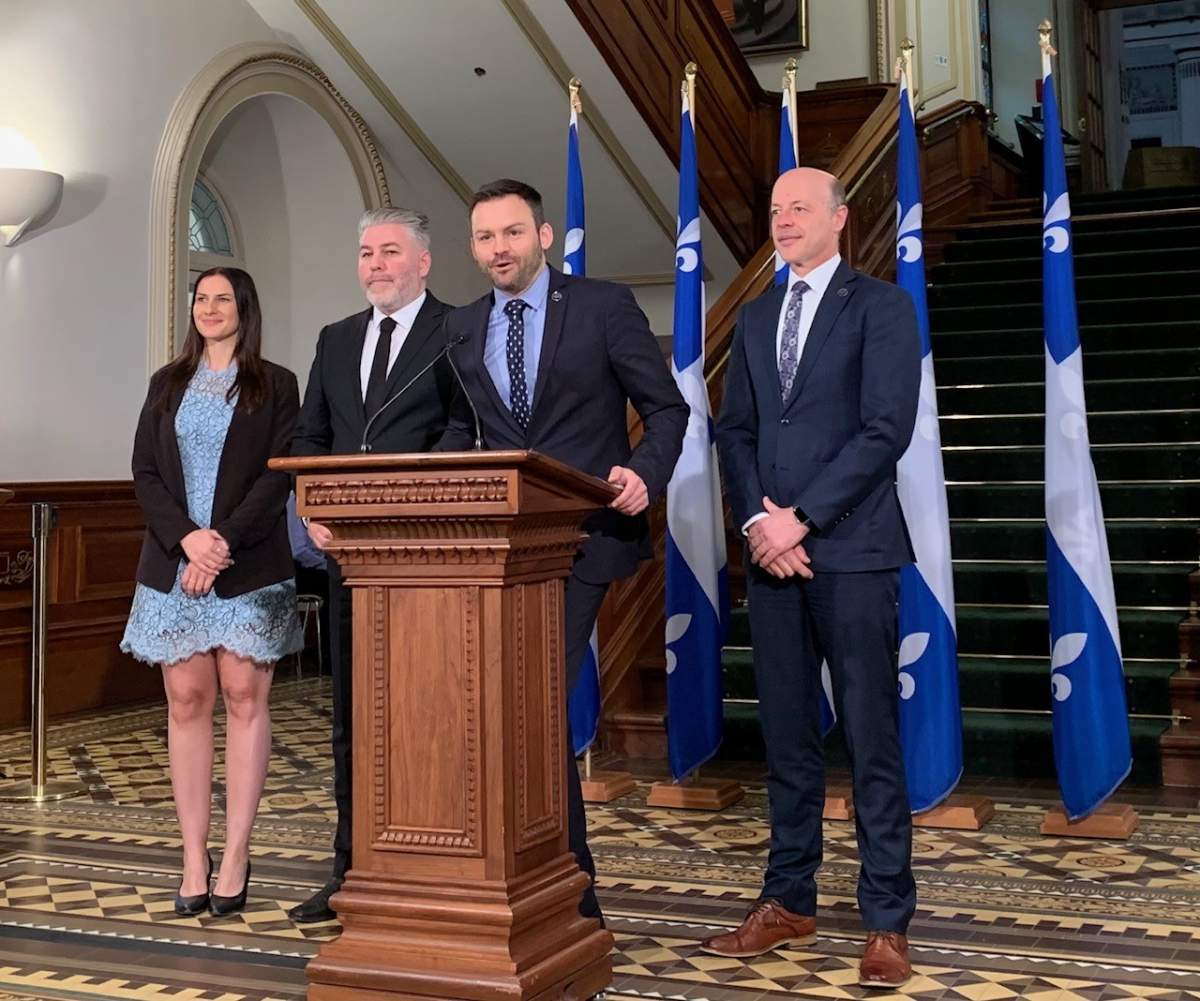On the last day of Quebec’s parliamentary session, all fingers pointed to the Coalition Avenir Québec (CAQ), the party in power.

The Liberals accused them of improvising, especially when it came to the laws that were passed by invoking closure.
Bill 96 was one of them.
A portion of the province’s reform of the French language law was implemented last week.
It sent municipalities scrambling, left wondering how they would apply its provision to limit the use of English to Anglophones.
It even became the butt of jokes.
The huge lineups caused by the province’s automobile insurance board’s (SAAQ) failure to execute their digital transformation, as well as the broken promise on the addition of a car portion to Quebec City’s so-called “third link,” a tunnel linking Quebec City to Lévis, were other failures for which the opposition parties condemned the government.
The Liberals congratulated themselves for holding the government accountable on that. But their own performance as a party is being questioned, too.
After seven months, the Liberals still haven’t chosen a new leader.

Get breaking National news
“It will come in due time and the party will tell us,” said Marc Tanguy, the party’s interim leader.
Québec solidaire called the CAQ government for its “arrogance” during the session.
Co-spokesperson Gabriel Nadeau-Dubois says their questioning has led to the most changes, including the government’s new bill to tighten regulations around Airbnbs.
“We’ve been fighting for this for years,” said Nadeau-Dubois said.
On the flip side, the party was heavily criticized for changing opinion on the CAQ’s increase to the salaries of elected officials.
They first said they wouldn’t take the extra money, then they proposed a smaller raise.
Calling themselves the three musketeers, the Parti Québécois grew in popularity during the winter session, calling out the CAQ’s inconsistencies.
“I think it’s unprecedented,” said Paul St-Pierre Plamondon, the leader of the Parti Québécois.
Quebec’s premier François Legault brushed off the opposition’s criticism.
“I think they are in worse shape than we are,” Legault replied.
Legault says despite the multiplying lawsuits piling up against Bill 96 he is governing for all Quebecers.
“I think so,” he said. “Many anglophones in Montreal think we have to protect French because it makes us distinct in North America.”
The fall session is shaping up to be one of big debates and disagreements as the CAQ will try to pass two major reforms: Bill 15, the health reform and Bill 23, the education reform.
“That might be an opportunity for the Liberals, Quebec solidaire and the PQ to score points,” said Danie Béland, director of the McGill Institute for the Study of Canada.
How bad the fight gets will depend on the ministers and how well they are able to perform as they set out to defend their bills, Béland explained.














Comments
Want to discuss? Please read our Commenting Policy first.